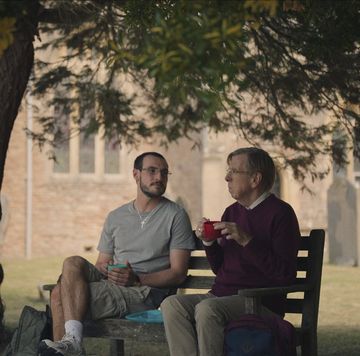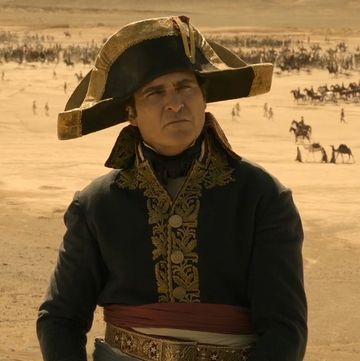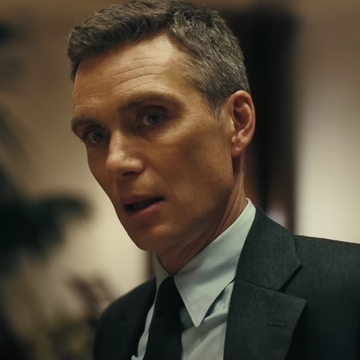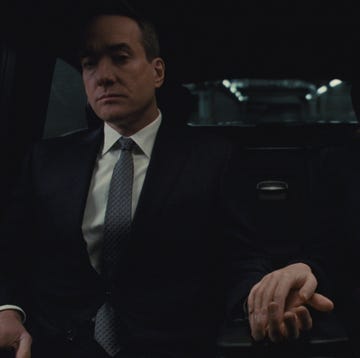A friend of mine recently told me that she thought there were only two categories of video game: World War II or “some dystopia story.” She was exaggerating, of course, but it would be hard to fault her for thinking so: With blockbuster titles like Call of Duty, Battlefield, and Fallout dominating the ad space on your web browser, it’s easy understand how this idea of macho-catering rage-aholic fantasy has become the perception of games and the people who play them.
Enter Abzû, a game from Giant Squid Studios, which is composed of some of the brilliant craftsmen who created beloved indie art games like Journey and Flower. Abzû was initially released in 2016 on the PS4 and Windows, but has just now found a new home amongst fellow “Nindie” games on the Nintendo Switch eShop, a collection of titles from independent developers that has quickly become a highlight of the console.
In contrast with my friend's war-and-violence perspective on video games, Abzû is more or less a playable aquarium. The game sinks you into a gorgeous 3D ocean, engulfed in a colourful array of fish and flora that twirl and unfurl across the sea floor, and that’s pretty much it. Like the equally minimal Journey and Flower, there’s a small storyline in the game, but it's really about enjoying the cosmic grandeur of the sea, set to an engrossing soundtrack by Austin Wintory.
Games are usually expected to have some conflict, some plot, some sense of urgency; by leaving those expectations on the shore, Abzû delivers something to be admired for its distinctive simplicity. Nintendo’s Breath of the Wild, for instance, feels awake in this game–especially in the cel-shaded art style, which uses the graphical limitations of the Switch in an artful and affecting way–but Abzû actually predates Breath of the Wild, and shows that some of the best ideas that we are seeing in Triple-A games may be originating in these ingenious indie titles.
Many games have some kind of water level. We all remember “Dire Dire Docks” from Mario 64. There’s burdensome swimming sequences in Sonic games. And, of course, who could forget the Water Temple in Ocarina of Time, an experience so traumatising, many of us simply stop our subsequent replays of the N64 classic when we reach it. As an element of gaming, it's hard to perfect. Controls underwater usually feel like molasses, since redirecting a character who is completely submerged needs to take time to feel realistic. Interactions with other gameplay fixtures–like enemies, keys, puzzles, etc.–are hard to arrange in an underwater setting, and since everything is moving so goddamn slow, it's more often than not the most arduous and least enjoyable part of any game.
Abzû, however, makes underwater feel effortless. Controlling the diver feels more like the sensation of guiding a spaceship, performing flips and turns as he glides beneath the waves. The game doesn’t offer much by way of enemies or dogfights, but there is a hard sense of purpose in the three hours of playtime that this special little title offers, and unlike most games, you won’t be clamoring to finish up the water sequence and return to land.
War and violence will always be a part of games. Like with Game of Thrones and The Walking Dead, people seem to find solace in the over-the-top aggression that is displayed onscreen. What better way to let off some steam than to rip some demons to shreds in God of War? But when you stop seeing red, it's nice to have games like Abzû to help us get away and enjoy a little blue.
Dom Nero is a Senior Creative Producer at Esquire, where he also writes about film, tv, tech, and video games. Elsewhere, Dom hosts Eye of the Duck, a podcast about essential movie scenes.














